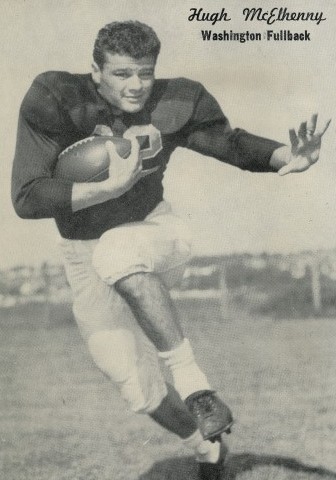Paying College Players and Unionization
Comments
-
So much TL, DR in this thread. Opposite of delivering.
-
Sounds like the gloves are about to come off and Tequila is ready to roll.
-
On the positive side, the payments will be out in the open.
On the negative side, the payments will go up as not only will the known competition be more accurate, but you'll see higher payments for players from alumni desperate to win and who now have no fear about being restrained about their actions.
You'll go back to the world once upon a time where kids had to take a pay cut to go play professionally. Is that really the solution that you want? -
53 seconds later. Boobstradamus.

-
Tequilla said:
On the positive side, the payments will be out in the open.
On the negative side, the payments will go up as not only will the known competition be more accurate, but you'll see higher payments for players from alumni desperate to win and who now have no fear about being restrained about their actions.
You'll go back to the world once upon a time where kids had to take a pay cut to go play professionally. Is that really the solution that you want?
this guy says huh? -
Yes.Tequilla said:On the positive side, the payments will be out in the open.
On the negative side, the payments will go up as not only will the known competition be more accurate, but you'll see higher payments for players from alumni desperate to win and who now have no fear about being restrained about their actions.
You'll go back to the world once upon a time where kids had to take a pay cut to go play professionally. Is that really the solution that you want?
-
-
Had to prove Swaye right
Obligatory -
This whole thread needs to DIAFEsophagealFeces said:So much TL, DR in this thread. Opposite of delivering.

-
We need Race(RIP) to photoshop this into a fiery mudslide.Ron_Fairly said:
This whole thread needs to DIAFEsophagealFeces said:So much TL, DR in this thread. Opposite of delivering.






